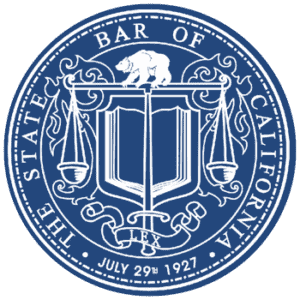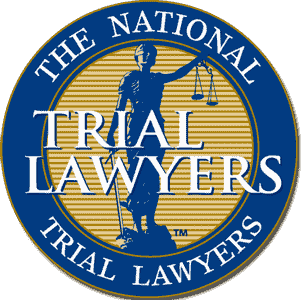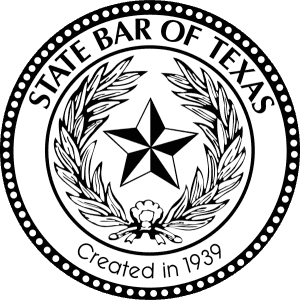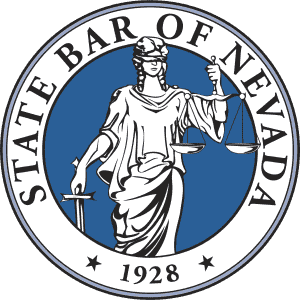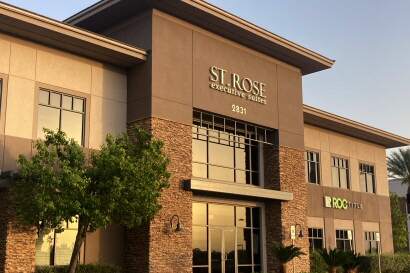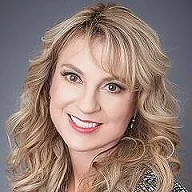Is my car a total loss and what does that mean?
Estimated Reading Time: 8.1minutes
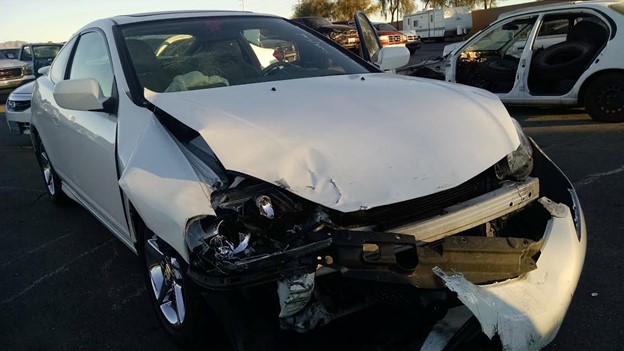
- Sometimes you can’t tell by looking if the car is a total loss
- You will not get to decide whether or not your car is a total loss
- Legally if the cost to repair is more than 65% of the car’s value, it’s a total loss.
- The fair market value of the vehicle is negotiable, don’t let the insurance company tell you it’s not.
- The loan on the car is not the fair market value.
- Always have gap insurance on a new car loan for the first few years.
One of the biggest misconceptions that we see in our office is what the meaning of total loss is in the context of an auto accident. Often times, clients think that total loss means they will get a new car. Unfortunately that is not the case. In addition, clients will often think that they can determine whether or not their car is, in fact, a total loss. Unfortunately, that is also not the case.
In the state of Nevada, whether a car is a total loss is governed by Nevada Revised Statute 487.790. Specifically NRS 487.790 states as:
NRS 487.790 “Total loss vehicle” defined.
1. “Total loss vehicle” means a motor vehicle:
(a) Of a type which is subject to registration; and
(b) Which has been wrecked, destroyed or otherwise damaged to such an extent that the cost of repair is 65 percent or more of the fair market value of the vehicle immediately before it was wrecked, destroyed or otherwise damaged, except that, for the purposes of this paragraph, the cost of repair does not include the cost of:
(1) Painting any portion of the vehicle;
(2) Replacing electronic components in accordance with the specifications of the manufacturer; or
(3) Towing the vehicle.
2. The term does not include:
(a) A nonrepairable vehicle;
(b) A motor vehicle which is 10 model years old or older and which, to restore the vehicle to its condition before it was wrecked, destroyed or otherwise damaged and regardless of cost, requires the replacement of only:
(1) The hood;
(2) The trunk lid;
(3) A fender;
(4) Two or fewer of the following parts or assemblies, which may be bolted or unbolted:
(I) Doors;
(II) A grill assembly;
(III) A bumper assembly;
(IV) A headlight assembly; or
(V) A taillight assembly; or
(5) Any combination of subparagraph (1), (2), (3) or (4);
(c) A motor vehicle, regardless of the age of the vehicle, for which the cost to repair the vehicle is less than 65 percent of the fair market value of the vehicle immediately before the vehicle was wrecked, destroyed or otherwise damaged, except that, for the purposes of this paragraph, the cost of repair does not include the cost of:
(1) Painting any portion of the vehicle;
(2) Replacing electronic components in accordance with the specifications of the manufacturer; or
(3) Towing the vehicle; or
(d) A motor vehicle that was stolen and subsequently recovered, if the motor vehicle:
(1) Has no structural damage; and
(2) Is missing only tires, wheels, audio or video equipment, or some combination thereof.
3. For the purposes of this section, the model year of manufacture is calculated based on a year beginning on January 1 of the calendar year in which the damage occurs.
(Added to NRS by 1995, 1573; A 2003, 1911; 2005, 1245; 2011, 1663)
What this means is that if the repair estimate to fix your car is more than 65% of the fair market value of the vehicle, it must be declared a total loss by state law. However, even with this definition that would seem clear on its face, there are a lot of variables. Such variables include determining what will be the actual cost to repair the car as well as the actual value of the car. I will discuss each one of these issues.
First, it is necessary to determine whether the vehicle is, in fact, a total loss. With over 18 years’ experience in this business, I can generally look at a photograph and tell you if the vehicle is going to be a total loss. Feel free to call our office with any questions if you have been involved in accident involving a vehicle that has been deemed a total loss. When estimating the damage, the insurance company will generally allow some leeway for hidden damage in determining whether to repair the vehicle or not. This means for example if your vehicle is worth $10,000 and the insurance company estimates the damage at $4,000, they will likely deem the car a total loss because if there is additional hidden damage found when repairs begin, it will rise to the level of total loss.
Sometimes, if the client really wants the vehicle repaired, and it is close on the total loss versus fair market value, we can have their carrier repair the vehicle and the client will sign a waiver regarding future repair costs. This is not something we generally recommend but there are occasions that clients are very attached to their vehicles and do not want to send them to the salvage yard. At the Law Offices of Laura Hunt, we listen to our clients’ needs and requests and assist throughout the property damage loss assessment and payment. We also do not take any fee for handling this portion of the case when handling the personal injury matter. It is important when finding a personal injury attorney to discuss this matter up front. Many personal injury attorneys do not help their clients with the property damage at all. At The Law Offices of Laura Hunt, we make sure you are fairly compensated for your vehicle or that it is fully repaired, and we do not charge for this service when handling the personal injury claim.
The second part of a total loss claim is determining the fair market value of your car. I generally explain this to clients as if you were going to sell your vehicle on the morning of the accident before the collision occurred, what would be the price that you would accept for the vehicle. The way we generally determine this number is to look at what we call in the business “comps“. This means comparable vehicles for sale. Most common vehicles can be searched easily on the Internet. Simply enter the year, make, and specific model of your vehicle and look for similar vehicles for sale. You will generally find a significant range in value often thousands of dollars depending on the vehicle. We look for higher value comps that are as close to our client’s vehicle as possible to determine the fair market value. You want to compare things like options; for example whether it has leather or cloth seats, whether it is turbo or not turbo, whether it has navigation or not, as well as mileage.
Once you locate these comparable for sale vehicles you want to print this information and make sure you include the name of the dealership or private seller on the documentation you print as a way to reach them to verify the comparable sale. You can compare these with the amount the insurance company is offering you for the total loss of your vehicle and it should be comparable to these numbers.
On a related note, when purchasing a new or newer vehicle, we urge our clients to obtain GAP insurance on their car loan. If the dealer offers this to you, you can research to compare rates with other carriers to make a comparison to what the dealer is offering you when you are buying the car. You can do this on your phone at the dealership while in the process of purchasing the car. GAP insurance is insurance that protects you in the event that your car is an accident, is a total loss, and has even fair market value of less than the loan balance. Your insurance company or the other side will only pay the fair market value of the vehicle. Sometimes that is less than what is owed on the car. You could reach a situation where you still owe thousands of dollars on a vehicle you no longer have because the value was less than the loan. Unfortunately, this can and does happen. That is why we urge clients to have a GAP insurance to pay the gap in the fair market value and the amount of the loan balance. If you’ve already purchased a new vehicle and did not obtain gap insurance, it is something that you can add and we urge you to do that.
By contacting a lawyer immediately, you can receive the most money for your vehicle. At my office, we are happy to handle the total loss of your vehicle at no cost along with your personal injury claim. Having worked in the insurance industry as an attorney for 9 years before opening our boutique law firm specializing in helping injured people, I reviewed thousands of total loss claims. With extensive experience in the insurance field, I can help you review your total loss to maximize the money you get for your vehicle.
At the Law Offices of Laura Hunt we are here to help you and your family in the event that accidents and tragedies occur. For any of your legal needs, do not hesitate to contact our offices. The Law Offices of Laura Hunt is a boutique, family owned law firm in Henderson that specializes in helping injured people and the community with legal issues involving auto accidents, wrongful deaths, slip and falls, truck accidents, injuries to children, bicycle accidents, dog bites, and all types of injury claims. Please do not hesitate to call us anytime you have a legal question or you or a loved one has sustained an injury at 702-450-(HUNT) 4868.
Sent From Laura Hunt, Esq.


